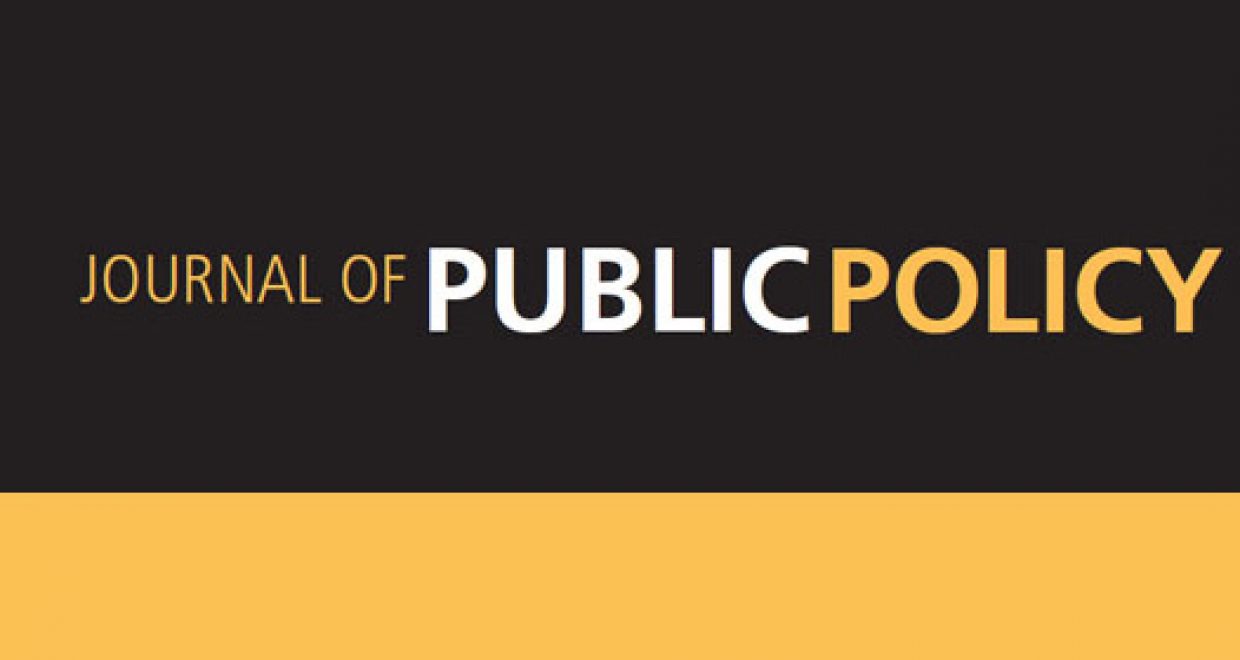The Role of Business in Gender Equality Policy: Challenges, Opportunities and Tools for Collaboration
Gender equality is a universal aspiration, but achieving it requires genuine collaboration across sectors. Businesses, long perceived as reluctant or passive players in equality policies, are now being called to take on more active roles. Frameworks such as gender mainstreaming and Corporate Social Responsibility (CSR) encourage companies not only to transform their internal practices but also to contribute meaningfully to the creation of inclusive public policies.
Our research, based in Colombia, explores this evolving role for businesses. We examine how companies can shift from being mere policy recipients to becoming vital collaborators in shaping equality strategies. In a context marked by structural inequalities and governance challenges derived from opposing ideologies and role adjustment with unclear paths for collaboration, we ask: How can businesses work alongside traditional actors, such as equality associations and academia, to advance gender equality by participating in policy formulation?
The findings highlight both opportunities and challenges. On the one hand, businesses that develop CSR strategies have the potential to provide resources, wield political influence, and build strategic alliances in the eyes of equality actors. On the other hand, significant “role mismatches” exist between how businesses perceive their contributions and the expectations of other actors, as firms perceive themselves as having a low profile. Furthermore, our research reveals a troubling dynamic: businesses tend to undervalue the contributions of traditional equality actors, particularly equality associations, while simultaneously placing little importance on knowledge and methodologies in the field of gender equality.
The implications of this dynamic are profound. When businesses disregard the critical knowledge and methodologies developed by equality associations and academia, they risk perpetuating ineffective, superficial approaches to gender equality. For example, focusing solely on employing women or their numbers in top positions may neglect deeper structural changes needed to address inequality. Moreover, marginalising equality associations—actors often seen as the voice of lived experiences—can further entrench imbalances and weaken the legitimacy of collaborative efforts.
These findings highlight the need for further investigation. Do businesses undervalue equality actors in other national or global contexts? As ours is not the only case, how much of this neglect depends on undervaluing their knowledge and the need for equality knowledge? How does this dynamic affect the broader governance frameworks for gender equality? Exploring these questions in greater depth could provide valuable insights into improving collaboration and preventing the instrumentalisation of equality goals for narrow business interests.
Despite these challenges, the opportunities for transformation remain significant. In Colombia, where the state’s presence is limited in certain regions, businesses practising CSR already play pivotal roles in social initiatives such as peacebuilding. If these companies embrace gender equality as a core objective, their impact could extend beyond organisational practices to the very fabric of social dynamics.
The lack of a collaborative framework for integrating businesses into equality policy development has led to misunderstandings and ineffective collaborations and adds to a previous problem of significant power imbalances. A key conclusion from our research is establishing clear, shared expectations for all actors involved. Our study offers tools for identifying misalignments and proposing solutions for appropriate policy design of participatory processes, carefully considering the inherent risks and context; it also underscores the need for further exploration.
As the global landscape continues to evolve, the question remains: how can we ensure that businesses do not just meet regulatory requirements but also contribute meaningfully to the broader goal of gender equality? The intersection of gender equality, business, and governance is fertile ground for research. Our case study provides insights from Colombia, tools adaptable to other contexts for improving policy design on this challenge, and an invitation to continue the conversation.
– Paula Otero-Hermida, INGENIO (CSIC-UPV), Universitat Politècnica de València
– Hannia Gonzalez-Urangol, INGENIO (CSIC-UPV), Universitat Politècnica de València
– The authors’ article is published open access in the Journal of Public Policy.






